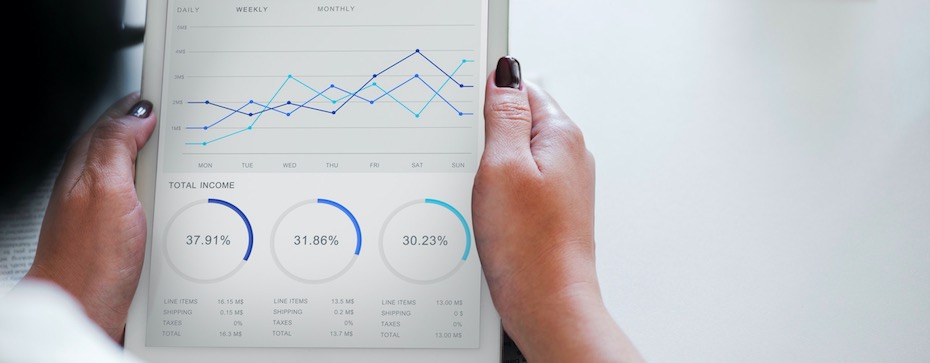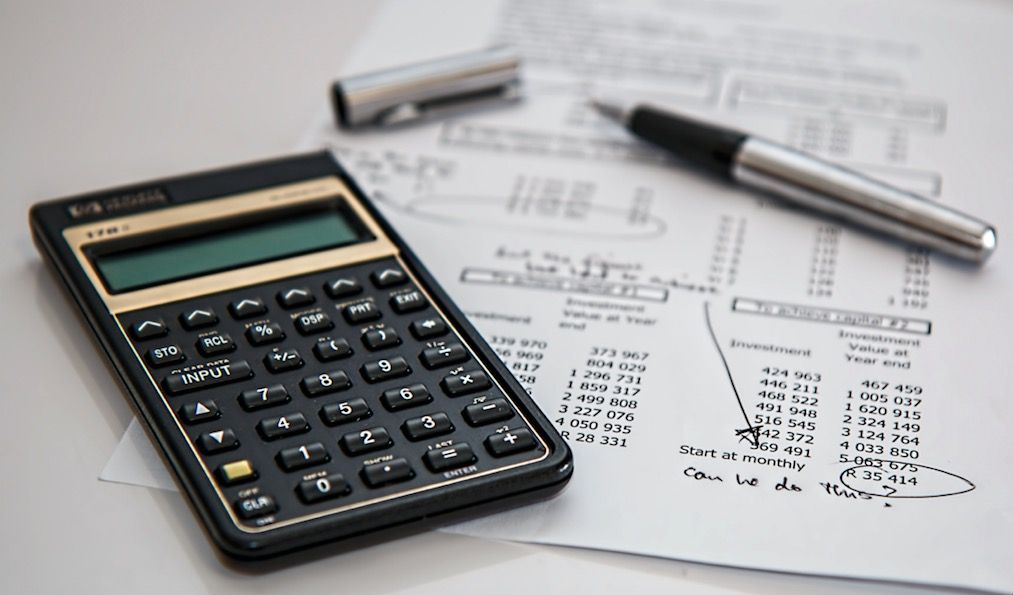Can Smart POS Data Lead To Greater Profits?
Let's look at the power a good POS can give your business thanks to smart data

Most businesses look at their POS as a tool that has a single function. However, POS systems are growing more versatile and capable of performing multiple tasks that help with not only Front of House and Back of House, but back-end business, as well. POS systems are able to store all types of useful information and data that can help your business micromanage everything from inventory, expenditure and even customer satisfaction. Let's take a look at some of the useful information you can have access to with the right POS system in your corner.
1. Deep Accounting and Analytics Data
This is one of the more commonly-known forms of information and data that a POS is capable of providing. However, how deep your POS' accounting and analytics data goes heavily depends on its capabilities. A modern POS system should not only provide you will in-depth accounting reports, but should also show BI reports, sales by product type, sales by item, hourly sales reports, transaction reports, returns reports, discount reports and lots more. These reports can help you gain valuable insights into multiple aspects of your business from any period of time you choose. These reports should also be available at any time and should be applicable to all your business' locations, even if they are multinational. With such detailed accounting data, you should be able to micromanage your business to run at its most efficient.

2. Customer Relationship Management
Customers are the lifeblood of any business, so knowing more about your customers is extremely important. Luckily good POS systems these days allow businesses to set up customer loyalty programs which encourage customers to visit more frequently in return for discounts, points or benefits. Customer transaction information, frequency of visits, most ordered items and more are saved in the system for each member customer, which provides a useful picture of spending habits, popular items and seasonal trends. Since member discounts can be set for member customers, the effectiveness of such discounts can also be closely monitored for a better understanding of effectiveness. All this information and data generally allows businesses to form a better understanding of their customer base, which leads to more effective marketing strategies, offers and popular dishes.
3. Ingredient/Item Tracking Data
Knowing how much of any given item or ingredient is in stock is extremely important for many F&B businesses. Without proper ingredient tracking and management, a restaurant's balance and ability to serve customers can be completely derailed. POS systems often come with the ability to track ingredients down to the last detail so that your business does not need to worry about running out of something or over-ordering anything. It is also often possible to sync ingredient or item tracking with eMenus so that sold out items/dishes will not be displayed on the menu.

4. Staff Performance Indicators
If customers are the lifeblood of a business, then staff are the veins and arteries. Without effective staff performance, a business may simply cease to function or can unnecessarily lose out on potential revenue. Luckily, POS systems can provide you with key indicators and information that helps with discerning if staff are performing at the level that is expected of them. Not only will your POS provide shift reports per staff member, but it can provide daily closing reports for all locations, hourly sales reports and more. You should also be able to create specific accounts for each member of staff, so that their individual performance is easily trackable directly through your POS. This is a great way to determine who your star players are.
